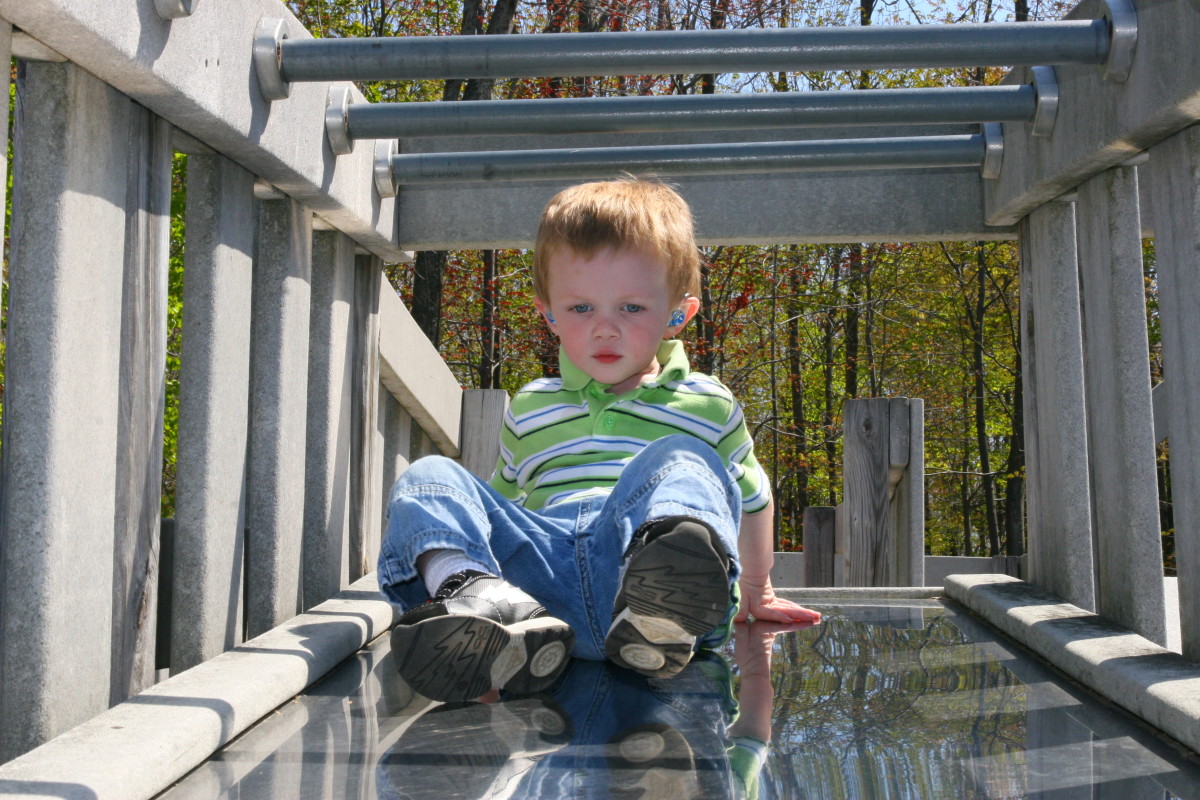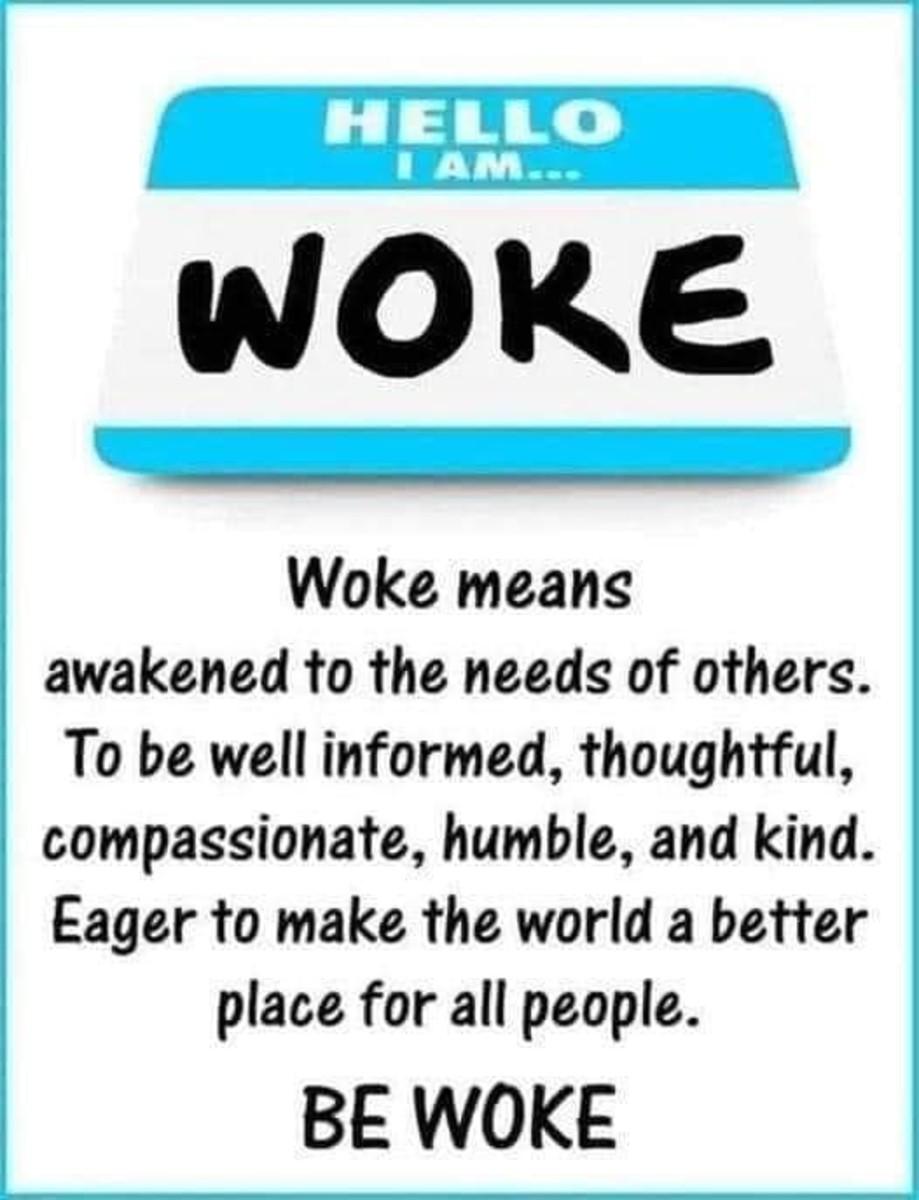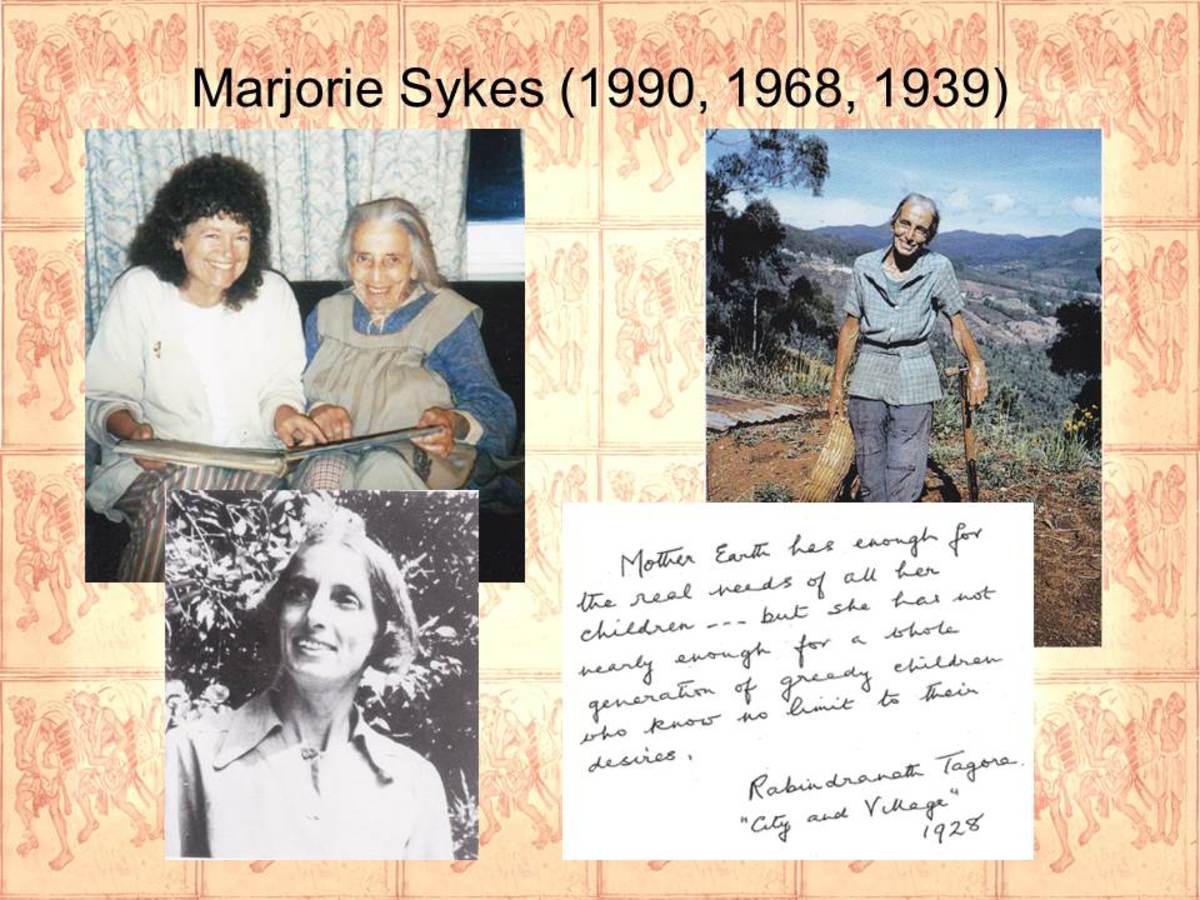My Philosophy of Education
Philosophy of Education
Education is necessary to inform, nurture and grow the child’s mind to help them become an adult who offers positive qualities to the community. It is important for an educator to write a personal philosophy of education because just like a house or any building you need a foundation and to understand the roots of the outcomes. It is important to know what you believe in, where it came from, why you believe in this and that you are able to explain this to perspective employers and parents.
The child starts out learning about the world from day one through their senses. They are like an open book with few words written on its pages. The child has some genetics that help make them who they are but I believe that it’s the environment they live in and the information they are exposed to that helps them to become a better person. As Erickson says, children go through stages and if certain needs are not met they cannot successfully move on to the next stage. For instance a child who is 8 months old needs security and trusting relationships. If the parents and caregivers cannot provide that for them you see a child who begins to mistrust people and the world. Children who develop trust issues can be affected by it long after the stage has come and gone. This can relate to Piaget’s theory of children learning through experiences and play. If the child is experiencing mistrust then they learn that they cannot trust, they may also learn to not be trustworthy. I do agree with Piaget’s theory that children learn through play. If children see something that they do not quite understand many times we see it in their play acting it out. Doing so can help a child obtain a better understanding and the teacher should offer more input on what they observe. Identifying feelings they see in the play as the child may not know what that feeling is but has seen it at home. I also think that children learn best by doing and having a safe environment as Piaget’s theory suggests. If the environment is safe they will be more open to exploring and experimenting more. Vygotsky’s theories of scaffolding and proximal development are important in the child’s learning abilities as well. Also having someone to partner up with other students so that they can learn from each other is used heavily in the classrooms today. As a teacher building of what the child already knows and helping them to overcome the obstacles they cannot at this time is very detrimental to the child’s cognitive learning. I believe that a child can become discouraged and give up on a task if no help is offered, if not shown how to do something they may never learn to do so properly. I believe that any child can learn and further their abilities to the best of each of their own abilities and the fact that we hold them all to the same standards for testing is unfair to the child and the teacher that has worked hard to help them achieve the next level. Children are a reflection of their environment and we as teachers need to be able to adapt to their way of learning using Gardner’s multiple intelligences.
An effective early childhood teacher would be someone who first of all is not in it for the money; after all we don’t make a ton of money, or for the summers off they would be teaching for the wrong reasons and it would not be very beneficial to the students. Someone who is in teaching to make a difference in a child’s life and perhaps the child make a difference in their life is the start of good qualities in a good teacher. An excellent teacher will be adaptable to a child’s needs and feelings first and be sensitive to each child to the best of the teacher’s abilities. A teacher should establish a trusting relationship with both the child and the parents/guardians. Having a trusting relationship can make or break an issue on getting the child or family help if needed. A teacher should be flexible to the parent’s schedules and offer events at different times if possible to accommodate as many parents/guardians as possible. Also using Gardner’s 8 multiple intelligences to help reach all students in the classroom would be very important and something I plan to do in my classroom. Offering a lesson through singing a song or a game in the classroom can help a student who maybe struggling with a lecture form. Art is another big learning advantage, allowing the children to be creative with or without guidelines can be all a child needs to understand something they have been struggling to grasp. A good teacher will model the proper ways of doing something and demonstrate right from wrong. The early childhood educator should make an effort to get to know the students coming into their classroom; were they stand on certain life skills, get to know their family, culture and beliefs. Knowing these things can make transition from on classroom to the next much smoother for both the child and the parents/guardians. If at all possible I would offer the teachers a chance to meet the children before the transition and perhaps spend some time with that teacher to help develop some bond between them.
Classrooms should offer the child a place where they feel safe and can explore their world. A classroom should be culturally diverse and encourage differences among others in a positive way. Vygotsky thought language and culture played an important part in a child’s learning and I agree with him. If a child can learn more about other cultures they will have a better understanding of the world and be able to offer more to the society as a whole. In the classroom things should be displayed at the child’s eye level, real tools as much as possible so the child can learn how to manipulate these properly. Child size items would also offer a warming classroom if a child were to come in to a classroom and see a room full of adult things they might feel a intimidated, especially when they are struggling to be more independent. With everything too big for them they will not be able to do anything they want. According to Erikson’s stages of development this could hinder them during the stage of Autonomy vs. shame and doubt. Having an open floor plan so that the child is free to move about is also important in the child’s development as this lets the children play freely in larger blocks of time and they can easily bring things from a different center into the current one to incorporate things that they normally would not have to play within that center.
My hopes for the future would be a classroom that features the entire positive and none of the negatives. I would like a positive learning environment, an environment that would challenge the child’s curiosity and encourage them to explore and further their learning. I would like to be that teacher who is adaptable, who can read their students and see when a lesson is not working and knowing that child’s likes and dislikes can really help me in my classroom to help that child. I would like to offer as many lessons using Gardner’s 8 multiple intelligences and to foster the curiosity side of the child so that they will love learning and will be eager to learn more and more. If a child is successful at something they will build a good sense of self esteem and that can help them achieve anything in their future.






